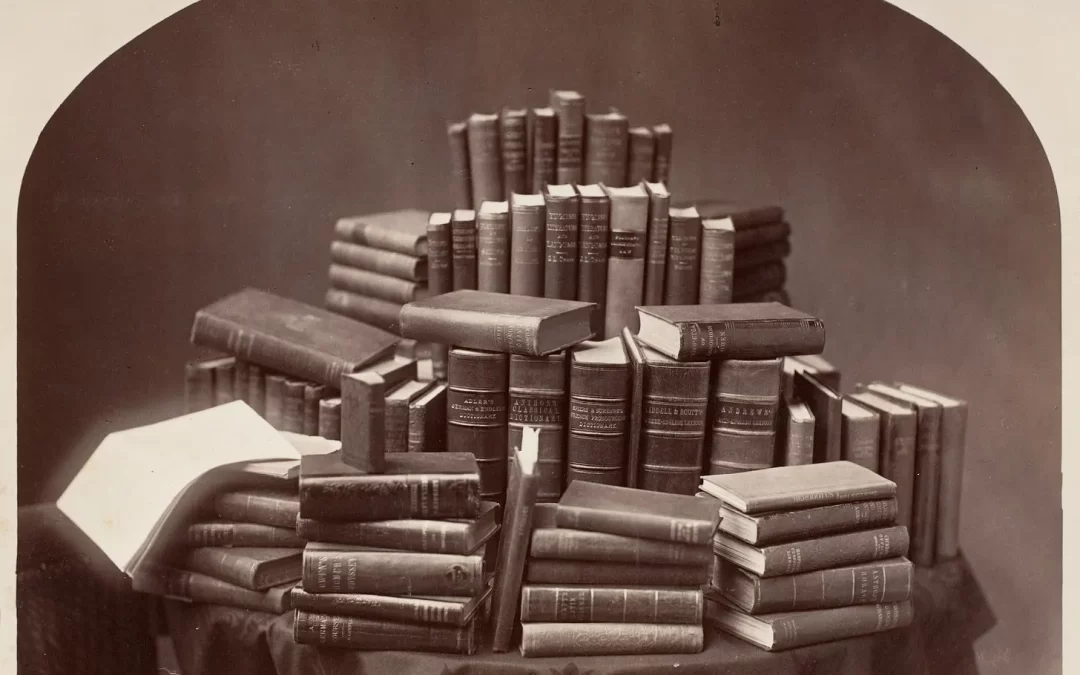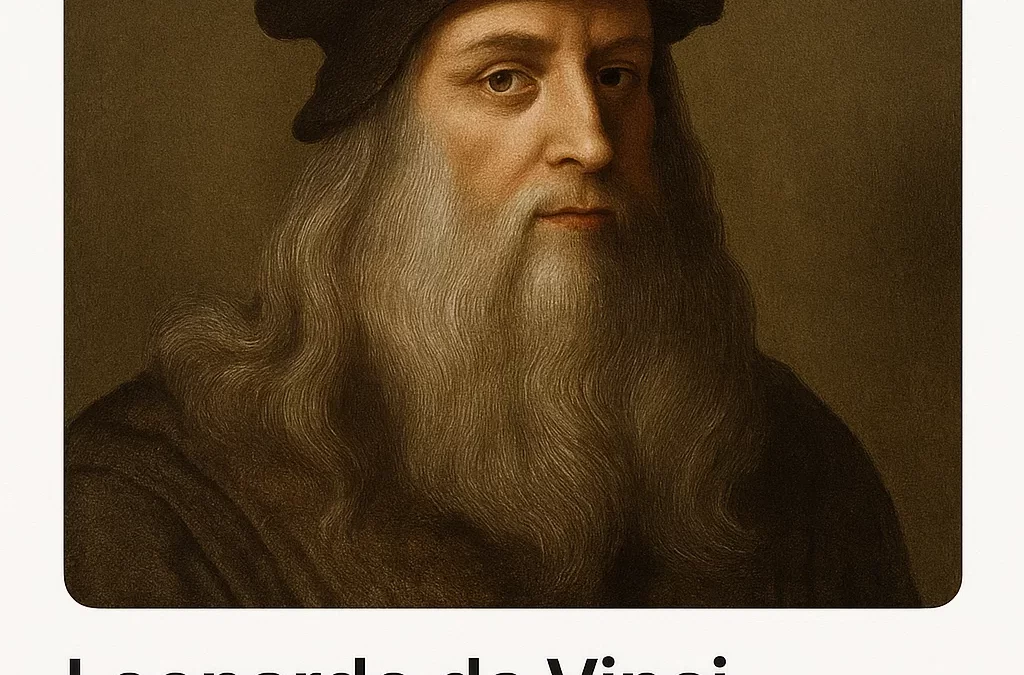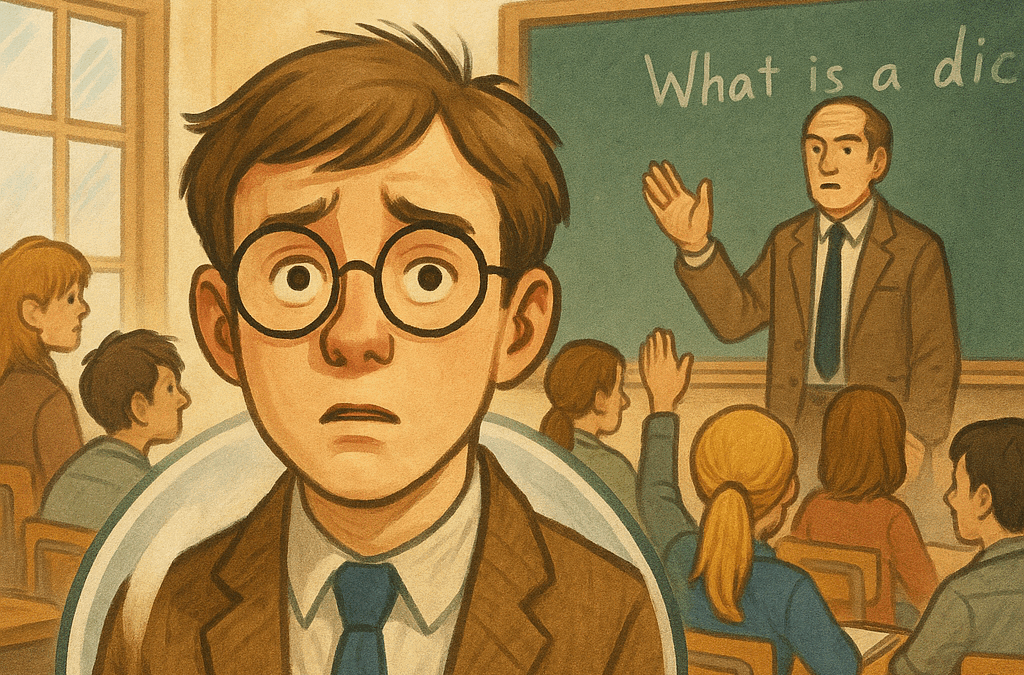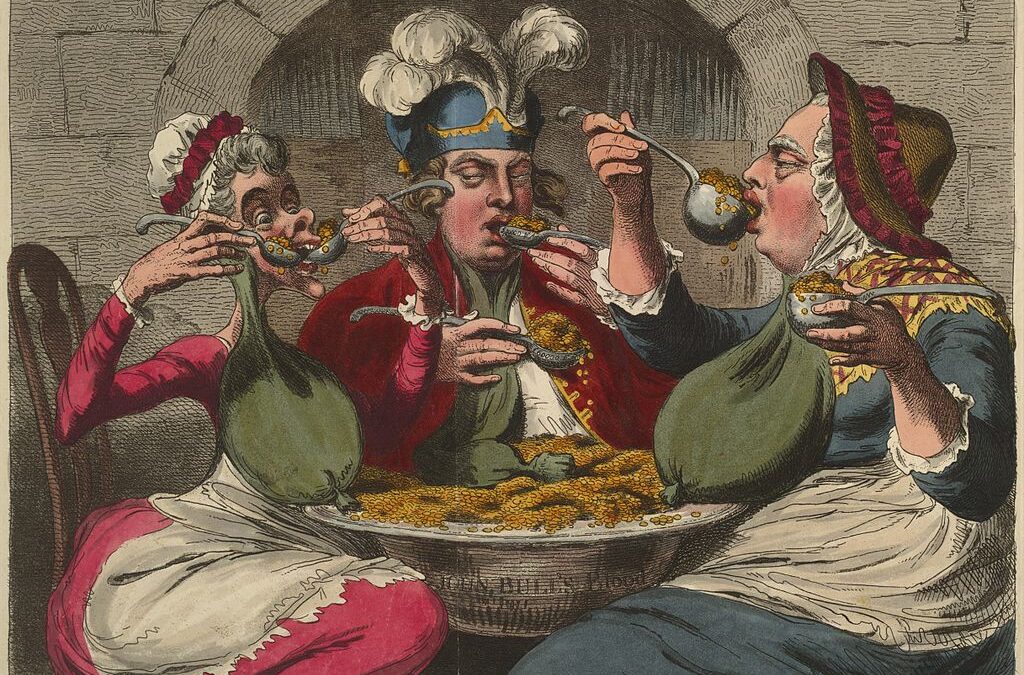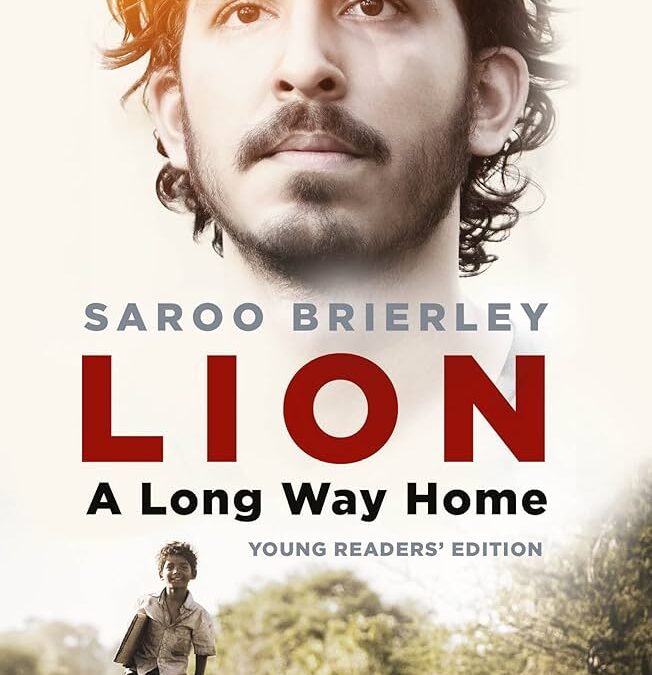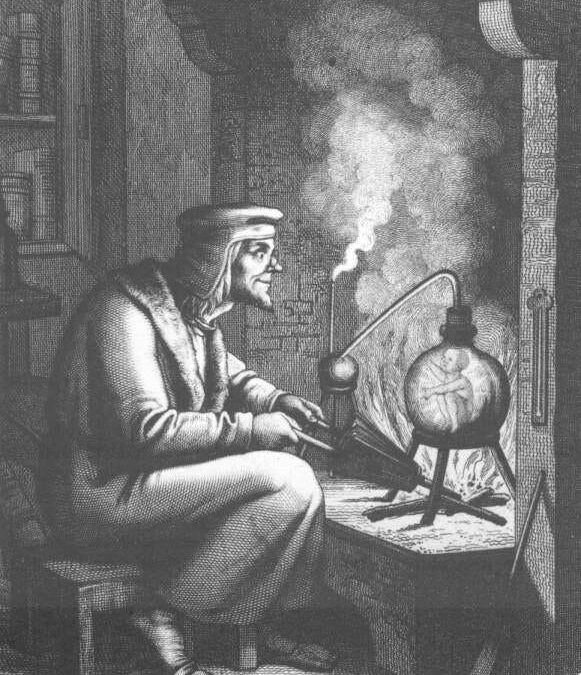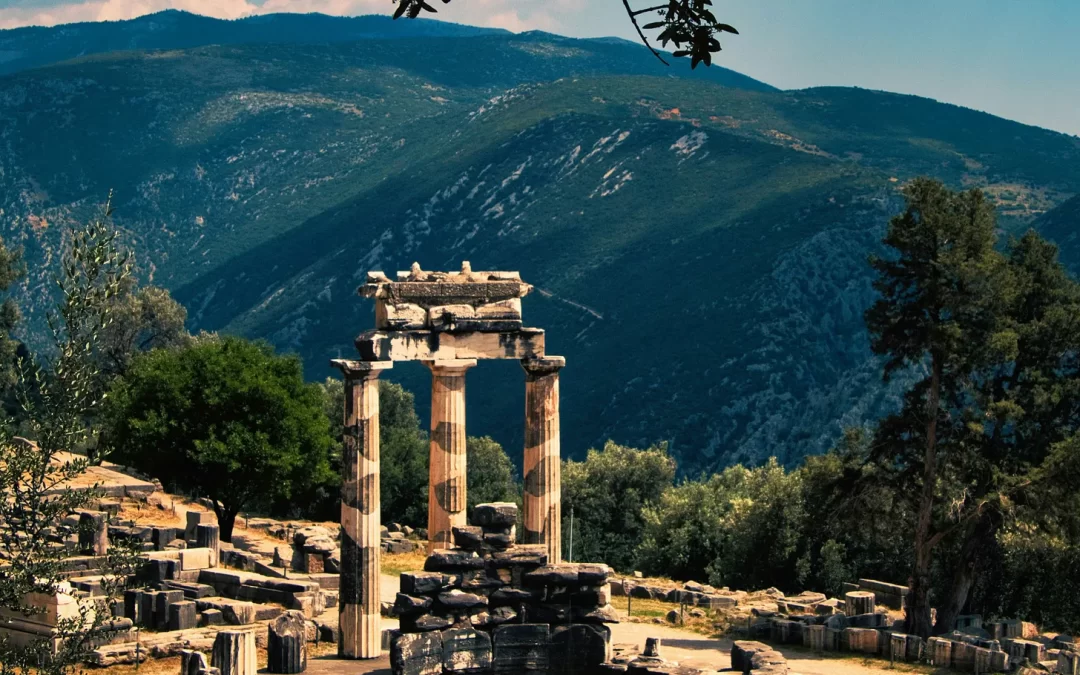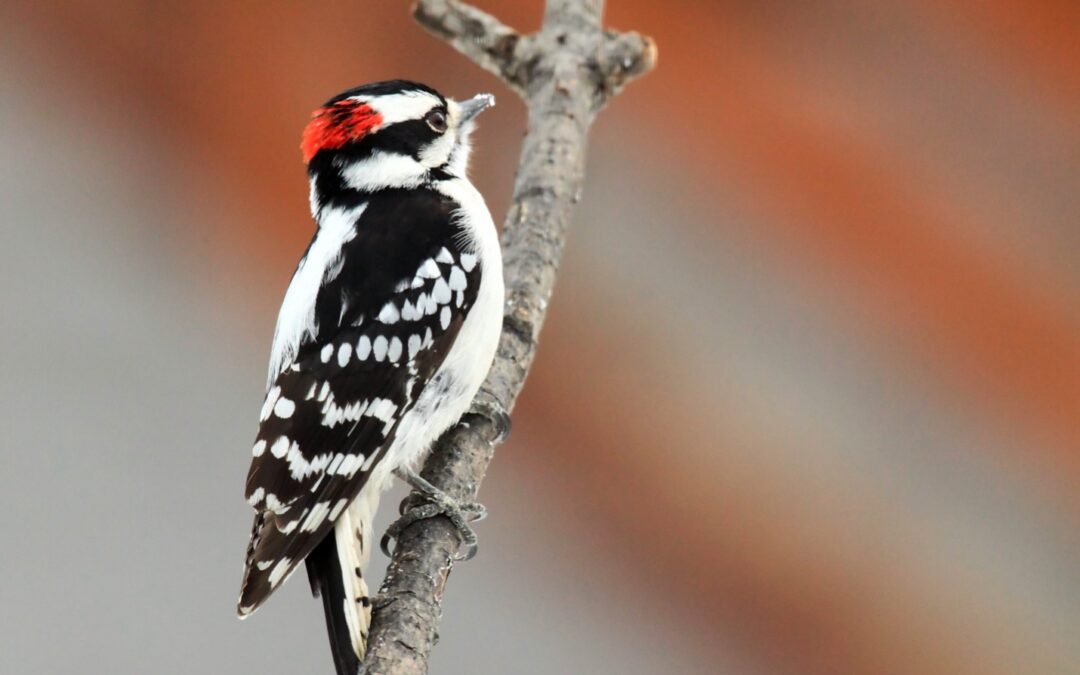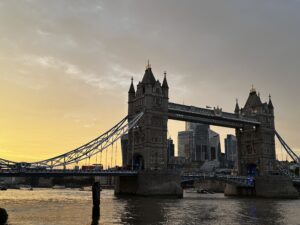
The picture above has a touch of unexpected colour. A different angle and a picture can be transformed. Change a word and a poem will be remembered.
We work for years at what is important to us, be it family, work, or, sadly, (for far too many people), starting wars. We like to think we matter. We don’t. We have not conquered our planet – let alone mortality. We are pawns, ants; unimportant. Baudelaire suggests the solution is to get drunk; avoid “the martyred slaves of Time” by getting drunk “On wine, virtue, poetry, whatever!” Just find your intoxicant. London is mine.
Cross the street, walk around a corner, and you will see something unique. Disconnect from your worries, open your eyes to what is around you, and enjoy.
Once, it was easy. When we were a baby, our parents could make a silly face, and we would burst into laughter. A baby can disconnect. When we laughed, our parents would laugh with joy, too. Or maybe I should have said that when we laughed as a baby, we CONNECTED! A baby wants to experience more…and that is what we must strive to do, too! As we age, it’s not so easy to disconnect from the busy world, and to connect to the world of the imagination, the unexpected, the unknown, the new.
Life can be richer if you do. Think the opposite of what they tell you to believe. There are two sides to every argument. Maybe there is a point to the other side? If you were to walk down a few steps from the Houses of Parliament, there are toilets by the Embankment:
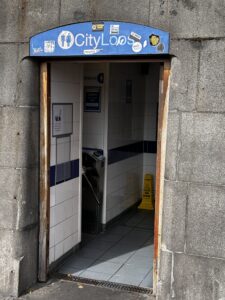
For North Americans, “City Loos” are rare, and the word ‘loo’ itself is funny. The sign is covered with ugly stickers. The weather-beaten wooden doorway is nestled between massive granite blocks, some stained with oxides of rusted nails. Ironically, these small toilets are built right above one of the great engineering projects of the Victorian era, the construction of giant sewers for central London running beside the river:
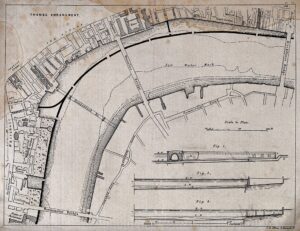
Apparently, they have been building the embankment of the River Thames since the Black Death in AD 1350! Every inch of London has secrets.
I have stayed at the Limehouse Library Hotel twice since it opened in 2021. It was built in 1901 as a library by the millionaire and philanthropist John Passmore Edwards. Edwards loved books, having had no books as a child. The first book he bought was Newton’s, on Optics. He said that he read it and still had no idea what Newton said. He made his money with The English Mechanic, a popular science periodical. He was a reformer, a teetotaller and a vegetarian. He is particularly remembered for saying that Sodom and Gomorrah would be proud to have Sir Charles Dilke and Col. Hughes-Hallett as their MPs, for which he was sued, successfully defending himself, as they were (apparently) well-known adulterers and seducers of ladies.
The Limehouse Library Hotel combines a sense of home and family with a feeling for history and adventure. Let me explain. It is owned by a chef who operates some 20 Turkish restaurants in London that he has built up over his 29 years in London. He was born in Eastern Turkey. He rejects the label that he “is a Kurd”, as he thinks that such a term defines and circumscribes unfairly. He and some of his extended family meet daily in the public rooms. This personal touch transforms the hotel into a loving home. It was lovely to see him pick-up and play with his grandchildren.
The hotel has started a culinary school. The owner frequently cooks for the guests of the hotel (the food is excellent). The hotel still has a small library and has encouraged artists to paint its treasures. I have met one of them. The hotel a wide range of paintings and a large collection of small toys and collectibles. Every room is named, decorated and furnished after a famous individual. The hotel is spotless.
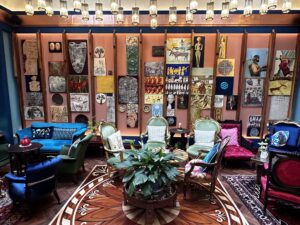
One of the Limehouse Library Hotel’s public rooms, with paintings of past civilizations’ icons
But the main success of the hotel is its staff. Over the weeks, I have talked to six of them. They are of a type that is friendly, intelligent, helpful, and eager to explore and learn about London. Most I have met have been proudly Turkish, and as thrilled with London as I am. They have helped me with Turkish poets and readings (one of my upcoming books takes place in Turkey and Georgia) and seem as excited as I am to walk the streets of London. One such staff member is Selim, a Turkish lawyer doing her LLM at King’s. Her enthusiasm for London’s richness and diversity is infectious. She says that while practicing law in Istanbul, matters legal from London drew her to emigrate…so, see, I am not alone!
For me, the solitude of an empty Underground platform at night, of Prince Albert looking down from his plinth toward the Royal Albert Hall, and the queue of new, disparate Britons of various genders and ages, dutifully waiting at the bus stop, is indicative of the richness and depth of the values and substance of Western Civilization, manifested in one of its greatest assets, London. To misquote that famous poet who loved London, I end with a comment of one of the inhabitants of the Tower of London:
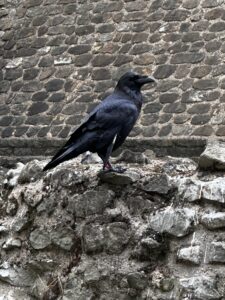
Contributed by Nigel Scotchmer
